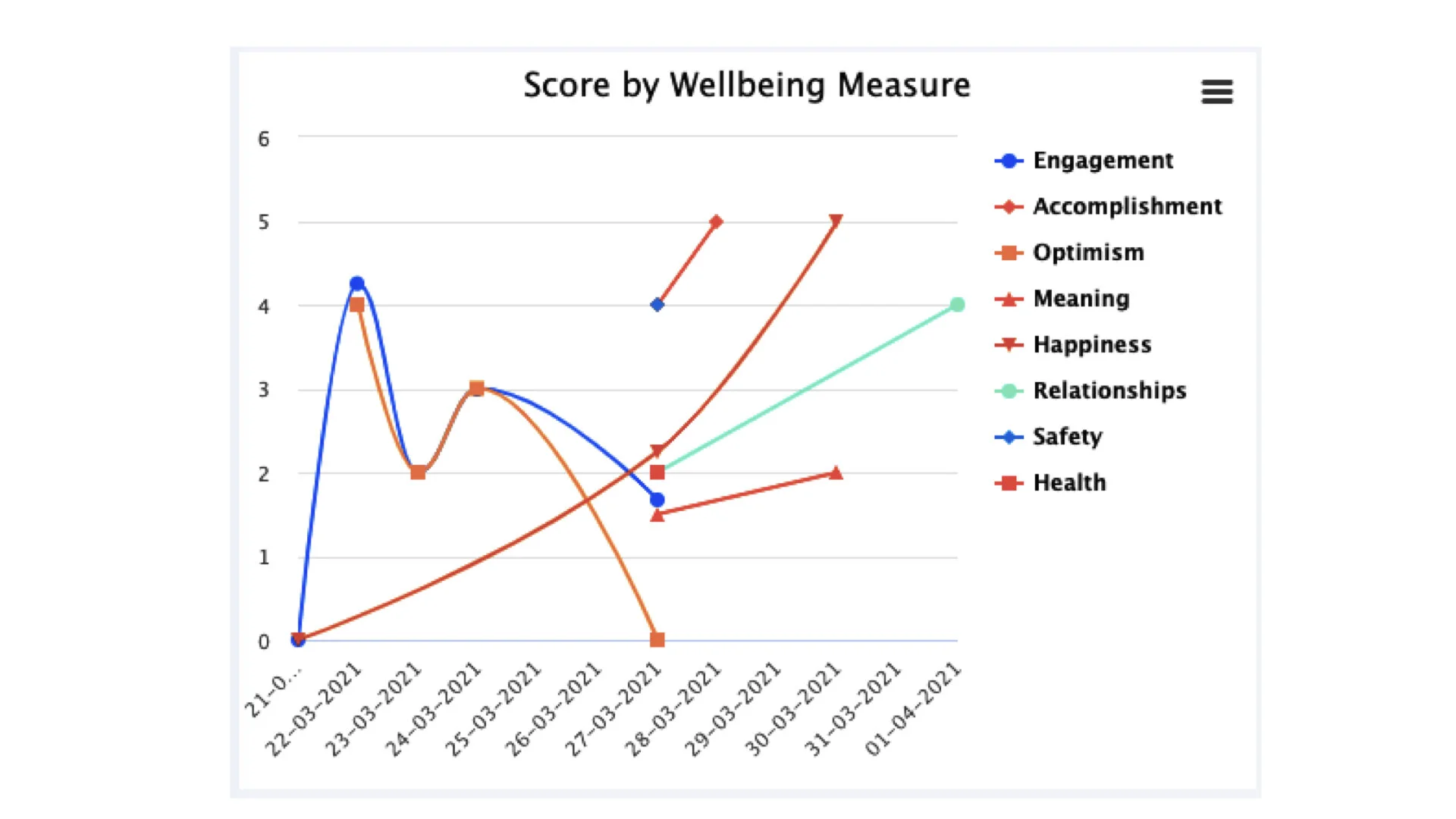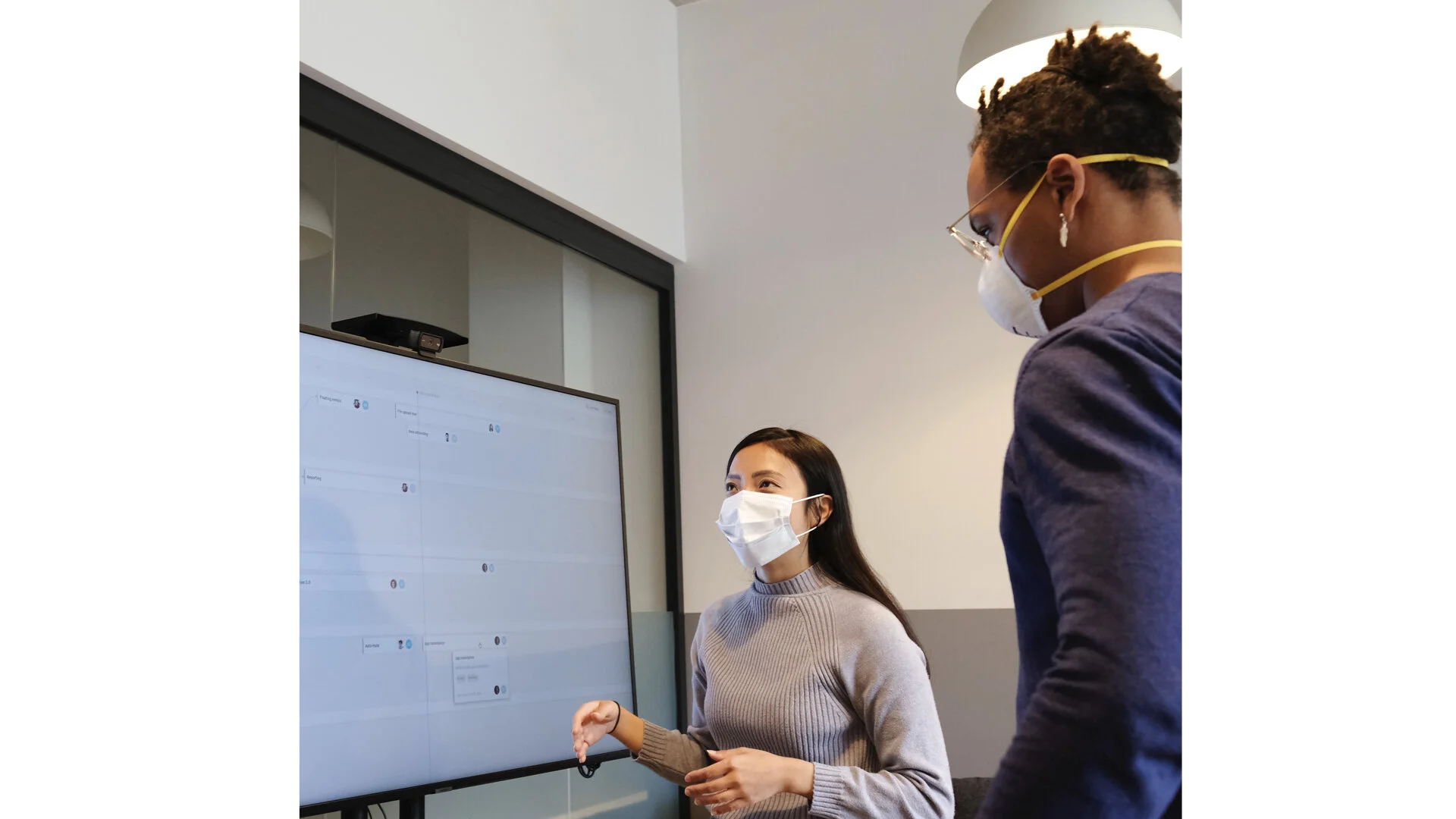
Central Bedfordshire Proposal:
To trial the includmi wellbeing collaboration app as a way of supporting an inclusive rebalancing across the education assessment system, which currently focuses almost exclusively on academic attainment, to give greater parity to SEND, mental health and wellbeing
A wellbeing collaboration, assessment and improvement system for Central Bedfordshire
Includmi is a wellbeing collaboration, assessment and improvement system that will capture data from across all pupils in Central Bedfordshire and display this back to you in real time as insightful reports.
The app builds on our pioneering work with Wiltshire Council and Derby City Councils and supports the duty to collaborate at the heart of the nascent ICS Health and Care Partnerships.
The system will comprehensively capture the voices and experiences of Central Bedfordshire’s children, young people and their families and carers in order for the community and regional economy to “build back better”.
Includmi will help schools, NHS and locality commissioners to identify needs, inform decision making about priorities for action, join up education, health and care, and evaluate the success of their efforts. Improving accountability and enhancing public confidence.
Other stakeholders will also be able to take advantage of the data generated, creating the potential for national and international influence and significantly improved service delivery for children and young people.

What gets assessed gets addressed
Assessment and monitoring of mental health and wellbeing will help you and your schools and settings identify the needs of the pupil population, inform your decision making about priorities for action and evaluate the success of your collective efforts
Currently less than half of your schools are likely to collect mental health and wellbeing data of any kind, and those that do tend to use homegrown surveys that may not be reliable or valid.
Other countries such as Switzerland, and Finland successfully balance both wellbeing and attainment. We want to work with you to do the same.
Assessing what matters for children and their families
Real time data
Includmi provides you with real time data on key aspects of children and young peoples’ lives via a secure online feedback system that allows schools and locality health and care stakeholders to interrogate data trends at different levels of granularity, for example by age, sex, ethnicity, and over time.
Wellbeing
The includmi app takes a positive psychology approach and tracks 8 key elements of wellbeing. Pupils can post information and chat with their support team. Consent driven care has been designed in to ensure trust and data security is at the heart of the system. This person centred approach gives SEND children and their families a strong voice in service delivery.
Prioritisation and cost savings
The use of live data will help you determine what provision is working in which schools and settings with a clear focus on value for money. This will help you strengthen the graduated response at school level with more effective support, services and systems to improve children and young peoples wellbeing.
Why school matters for mental health and wellbeing
Teachers
Teachers are the first port of call when parents worry about their child’s mental health. With includmi they get direct access to their pupils profiles. School is the primary developmental context after the family. Includmi is great for both SENCOs and the new Wellbeing Champions to strengthen home school links.
Learning
Children and young peoples mental health and wellbeing and their learning are interrelated. The includmi app builds resilience which allows children to thrive.
Safeguarding
Many key influences on mental health and wellbeing operate in and through schools, such as bullying. Management information from the app supports early intervention, nipping problems and concerns in the bud before they escalate.
The importance of wellbeing in the recovery process
According to Young Minds 2021 report, urgent action is needed to tackle the long-term impact of the pandemic on young people with mental health problems. The research shows that many are struggling with isolation, a loss of faith in their prospects for the future and heavy academic pressure for those who are learning from home. Unchecked the outlook for some looks ominous with the ill effects of reduced education, and increased deprivation due to increasing unemployment exacerbating health inequalities exposed by Covid-19.
Mental health is a big issue for young people…
1 in 6 young people aged 5-19 had a probable mental health disorder in 2020. That’s roughly 5 children in every classroom.
Half of all mental health problems manifest by the age of 14, with 75% by age 24
Intentional self harm was the third highest cause of death in children aged 10-19 years, in England and Wales, 2018
Nearly half of 17-19 year olds with a diagnosable mental health disorder has self-harmed or attempted suicide at some point, rising to 52.7% for young women
It has a big impact in adulthood...
1 in 3 adult mental health conditions relate directly to adverse childhood experiences
Adults who experienced four or more adversities in their childhood are four times more likely to have low levels of mental wellbeing and life satisfaction
Young people need more support…
Less than 1 in 3 children and young people with a diagnosable mental health condition get access to NHS care and treatment
The average median waiting time for children in 2017/18 was 5 weeks to receive an initial assessment and 9 weeks to receive treatment. This is likely to have got much worse as a result of Covid.
There was a 35% increase in referrals to children’s mental health services in 2019/20 yet only a 4% increase in the number of children receiving support.
In a YoungMinds survey, three-quarters (76%) of parents said that their child's mental health had deteriorated while waiting for support from Child and Adolescent Mental Health Services (CAMHS)
In total, less than 1% of the total NHS budget is spent on children and young people’s mental health services
The number of A&E attendances by young people aged 18 or under with a recorded diagnosis of a psychiatric condition has almost tripled since 2010






